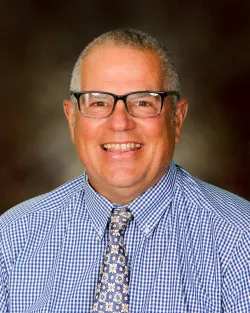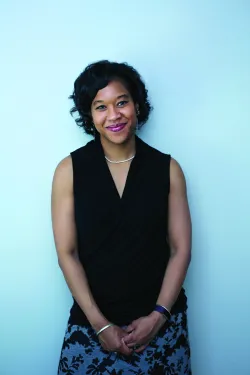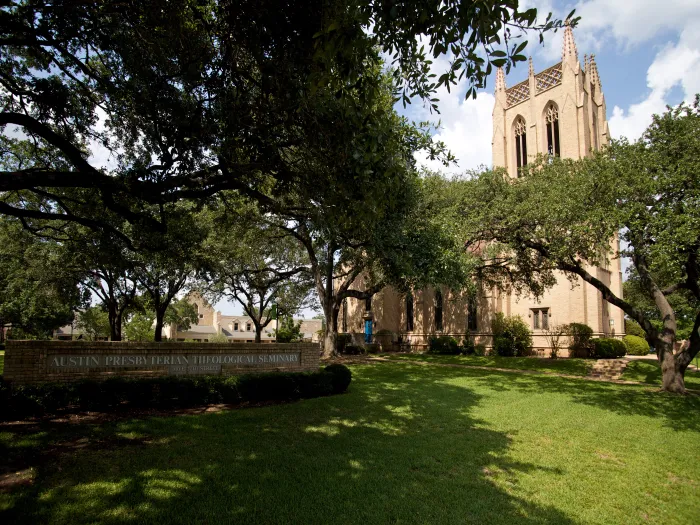APCU and Pittsburgh Theological Seminary launch new certificate program
24-month hybrid program features in-person and virtual learning

The Rev. James R. Mohr, chaplain at Westminster College in New Wilmington, Pennsylvania, still remembers the smell of mimeograph wafting from the pages of a denominational brochure when he was discerning a call to college chaplaincy. “I can't remember what the title of the brochure was, maybe something like, ‘To Be a College Chaplain,’ or something like that,” said Mohr. He had to request a copy to be mailed to him because the downloads weren’t available yet on the internet, which was still in its infancy.

“When I first started in chaplaincy, the pretty obvious thing to me was there wasn't any training at all for someone who was a chaplain,” said Mohr, who has now served 20 years as Westminster’s chaplain. “You had to figure out who was in chaplaincy, who you could get a hold of, and begin to learn the ropes, because in chaplaincy, unlike when you're in the church and you know you're kind of in charge of things, suddenly you come into this setting, and there's multiple layers,” he said.
Over the last year, Mohr has been a part of the planning team for a new certificate program in college chaplaincy.
In July, the Association of Presbyterian Colleges and Universities, an independent, not-for-profit organization dedicated to the support and advancement of 49 Presbyterian-related colleges and universities, will launch its College Chaplains Certificate Program in partnership with Pittsburgh Theological Seminary. The 24-month hybrid intensive program focuses its in-person learning in July and January while the workload of chaplaincy is lighter. In between, participants learn through asynchronous and virtual modules through four courses focused on discernment and system competency within higher academic administration, ministry management, campus ministry, and interdisciplinary and interfaith contexts.
Mohr will teach the course focused on discerning the role and vision of campus ministry in various contexts. He described how his own position as chaplain falls within the school’s president’s office, whereas other chaplains work within student affairs or mental health services. The certificate’s cohort learning model is designed to address the complexities of navigating the unique structural contexts of chaplaincies within small colleges and larger universities. The course on academic administration called “University 101” will be taught by a retired college chaplain who also served as a university president in his career.
Along with the partnership with PTS, the APCU has received $832,000 to design and implement this program with grant funding provided by the Lilly Endowment Inc.

Jeff Arnold, executive director of the APCU, is excited about the collaboration with PTS. He praised its president, the Rev. Dr. Asa Lee, for his insight and enthusiasm. “President Lee has done an excellent job of describing the need for a common chaplaincy framework across our APCU campuses and how that framework can be adapted to fit a variety of faith climates” while also laying out the “program’s significant emphasis on the Reformed tradition and how that can influence and empower the work of college chaplains.”
In 2022, PTS and APCU signed a memorandum of understanding for joint work on the development of a program for vocational training for Presbyterian university chaplains. This memorandum allows for both groups to work together in pursuit of funds that will help to craft an educational program for chaplains and students interested in chaplaincy in university settings. According to Lee, PTS provides the educational support and formational training for the program while APCU provides the logistical support and grant management.

Over the past five years, the seminary has built out partnerships with more groups of educational stakeholders to help the seminary increase the accessibility to theological education, explained Lee. “The APCU partnership represents the best of this initiative in that it reaches groups of vocationally underserved people — namely, university chaplains at Presbyterian schools,” Lee said.

While experienced chaplains will lead courses focused on ministry vision and management within interfaith, interdisciplinary and academic administrative contexts, seminary professors and staff will shape the teaching on the Reformed tradition and the spiritual formation experiences for the chaplains.
“This initiative is a really great example of what happens when different parts of the church come together for the betterment of the practice of ministry,” said Lee.
You may freely reuse and distribute this article in its entirety for non-commercial purposes in any medium. Please include author attribution, photography credits, and a link to the original article. This work is licensed under a Creative Commons Attribution-NonCommercial-NoDeratives 4.0 International License.




